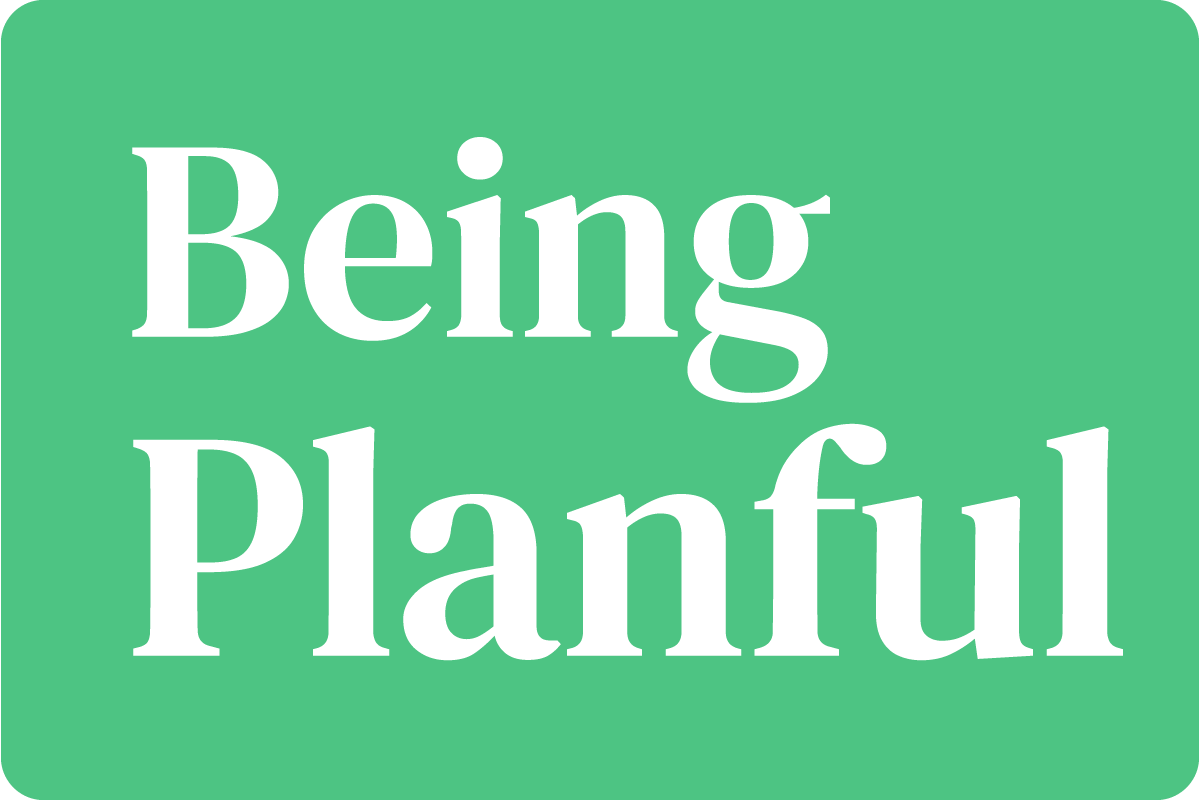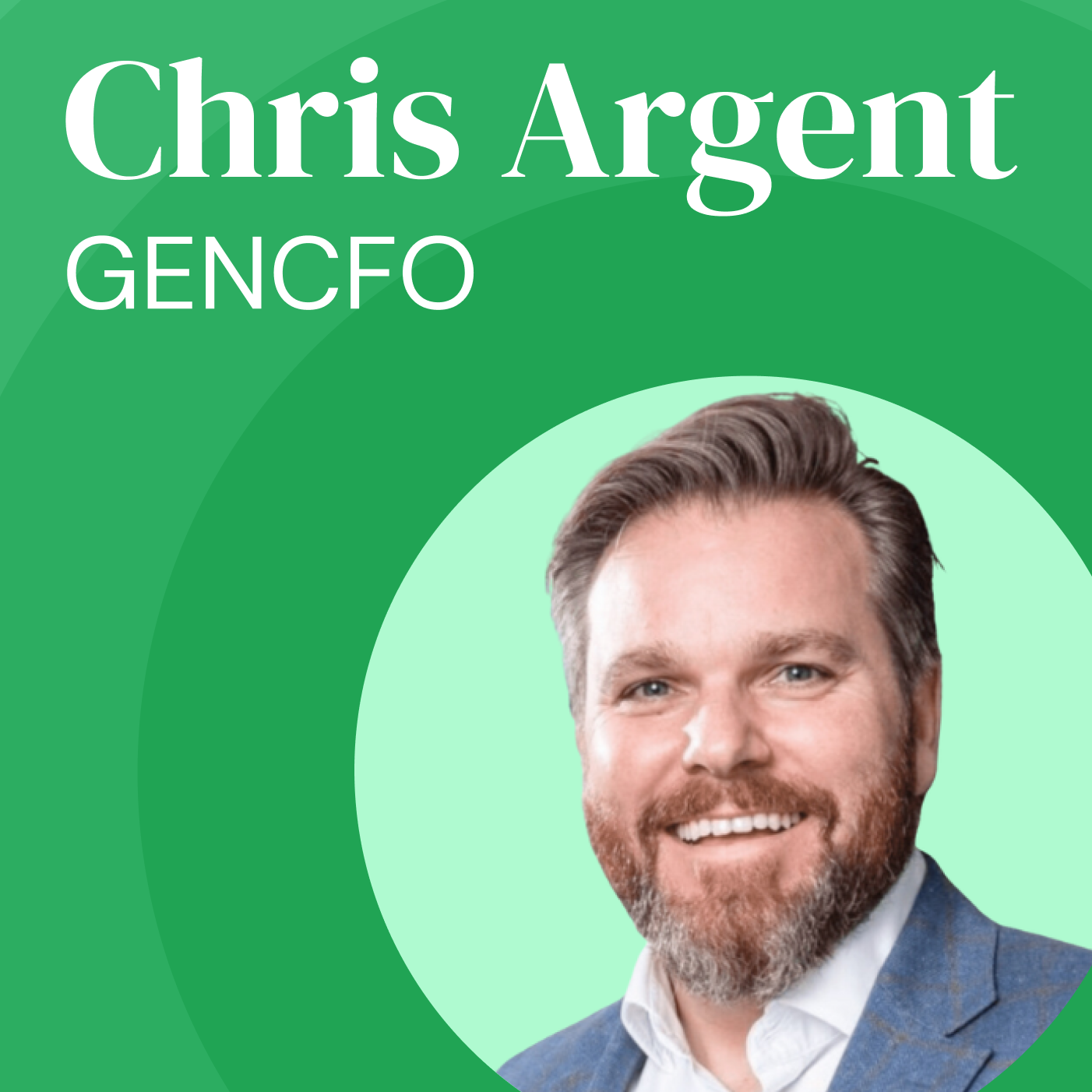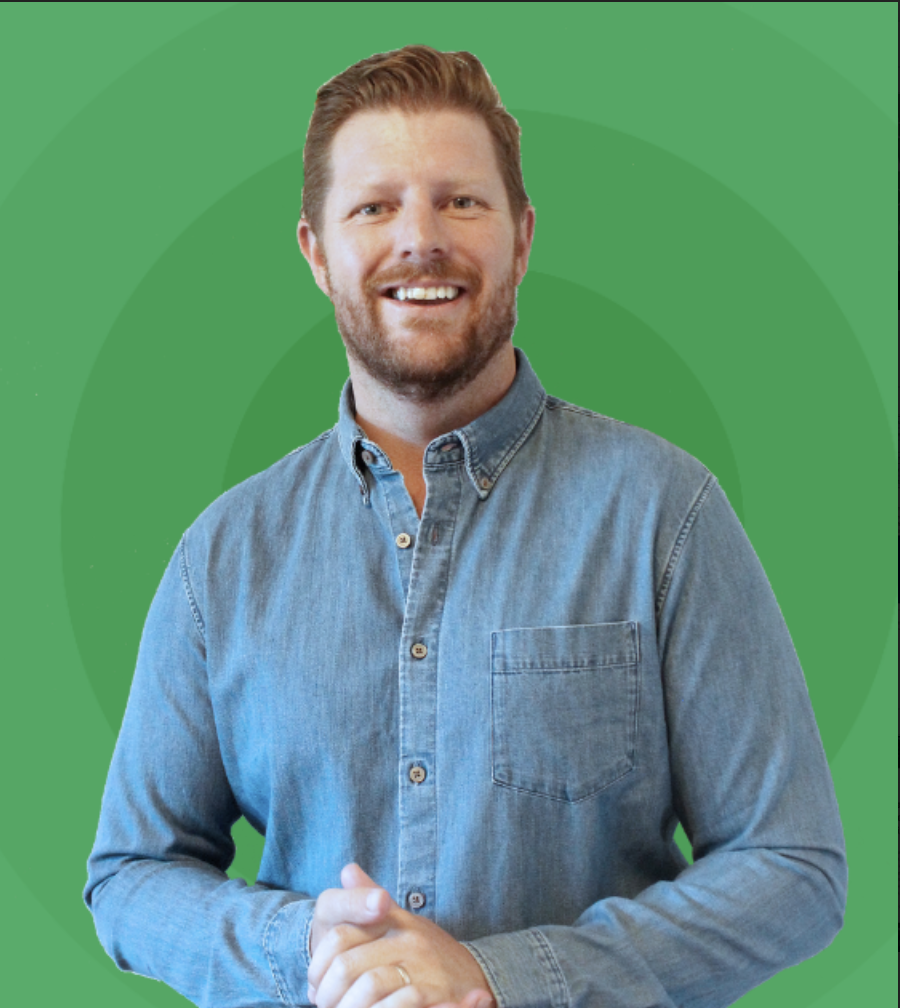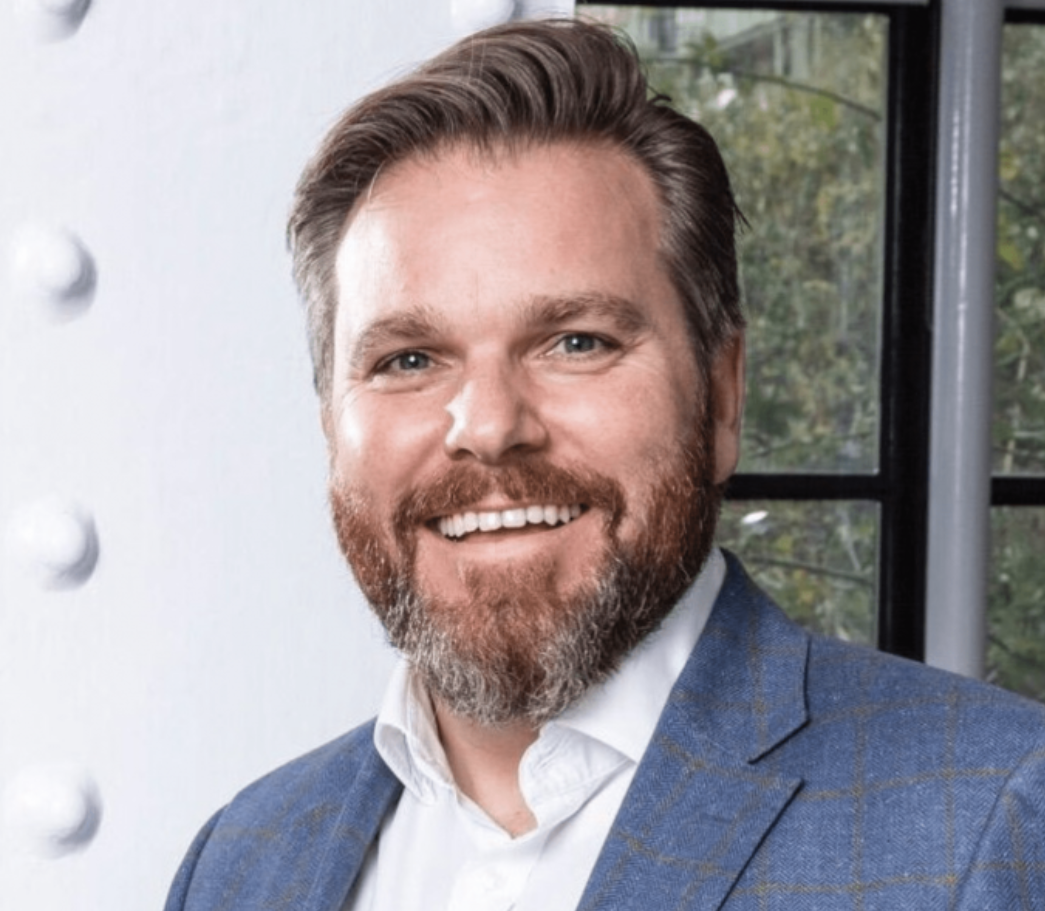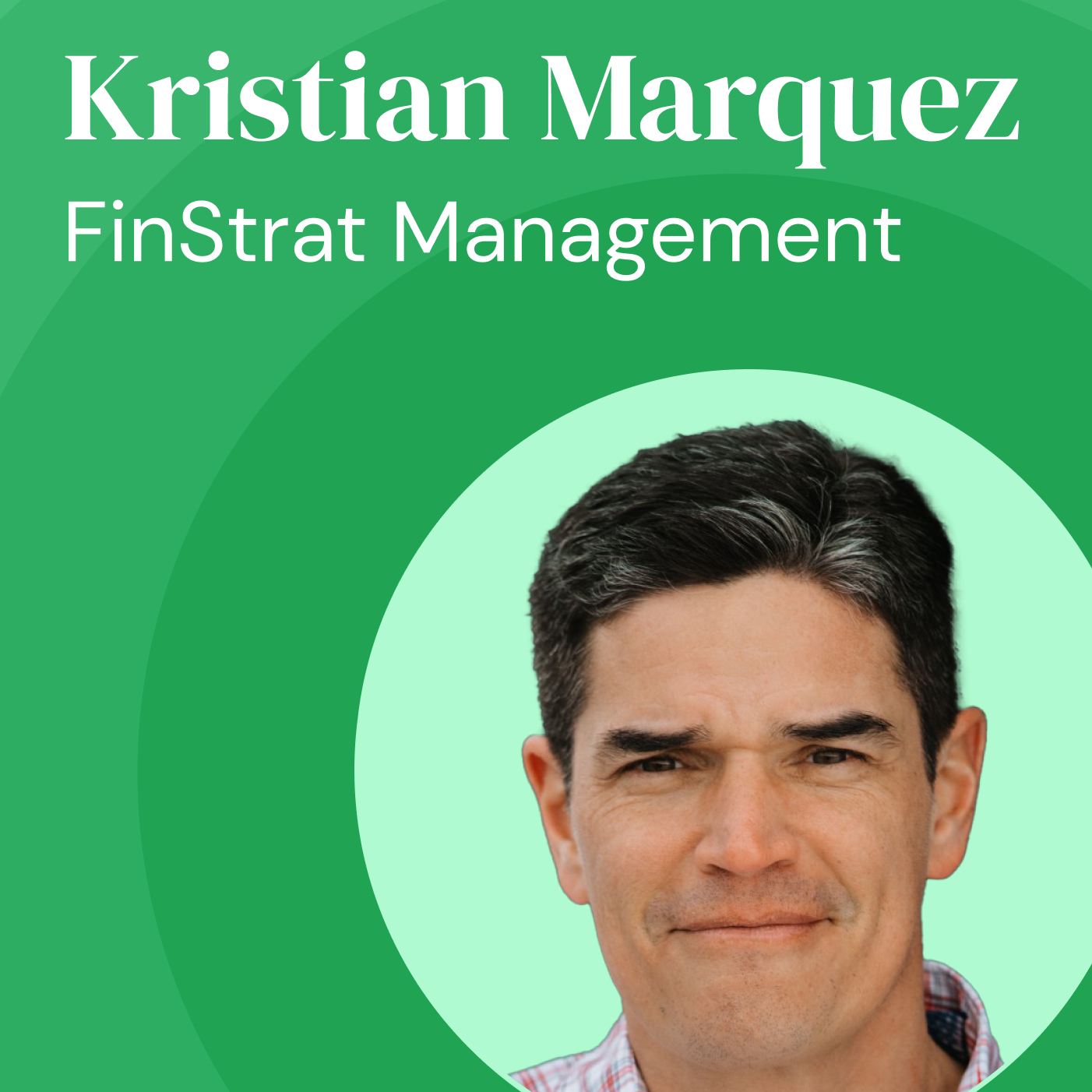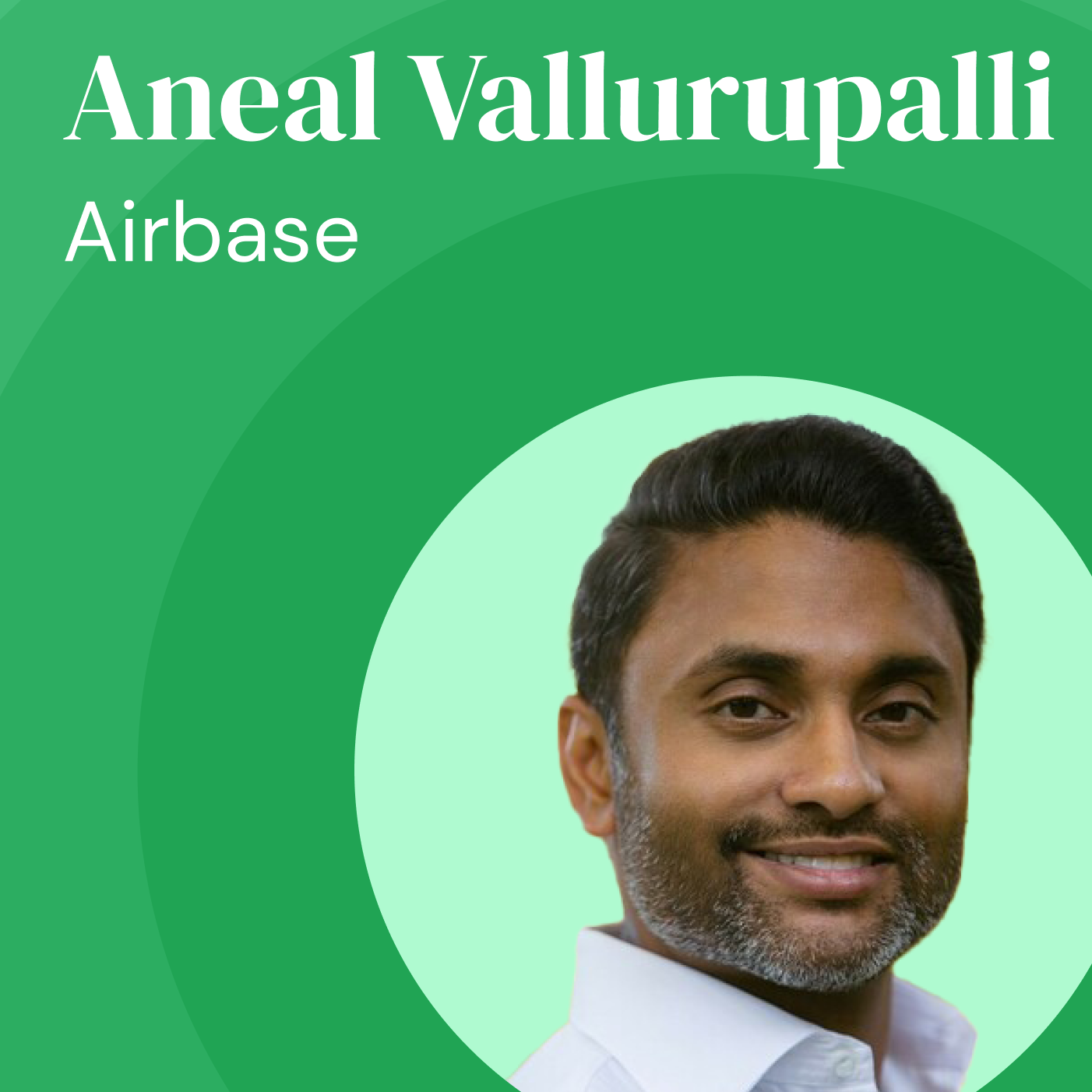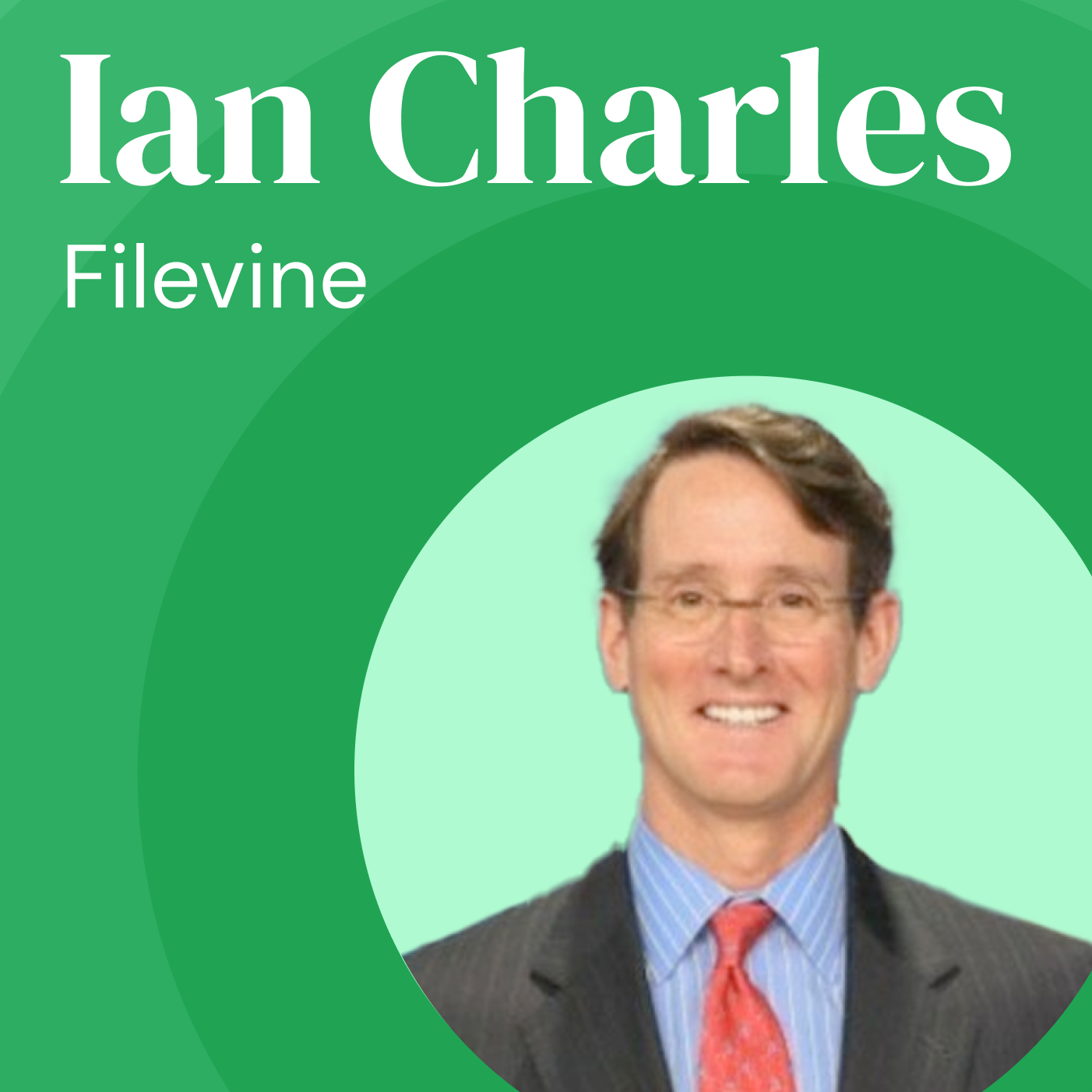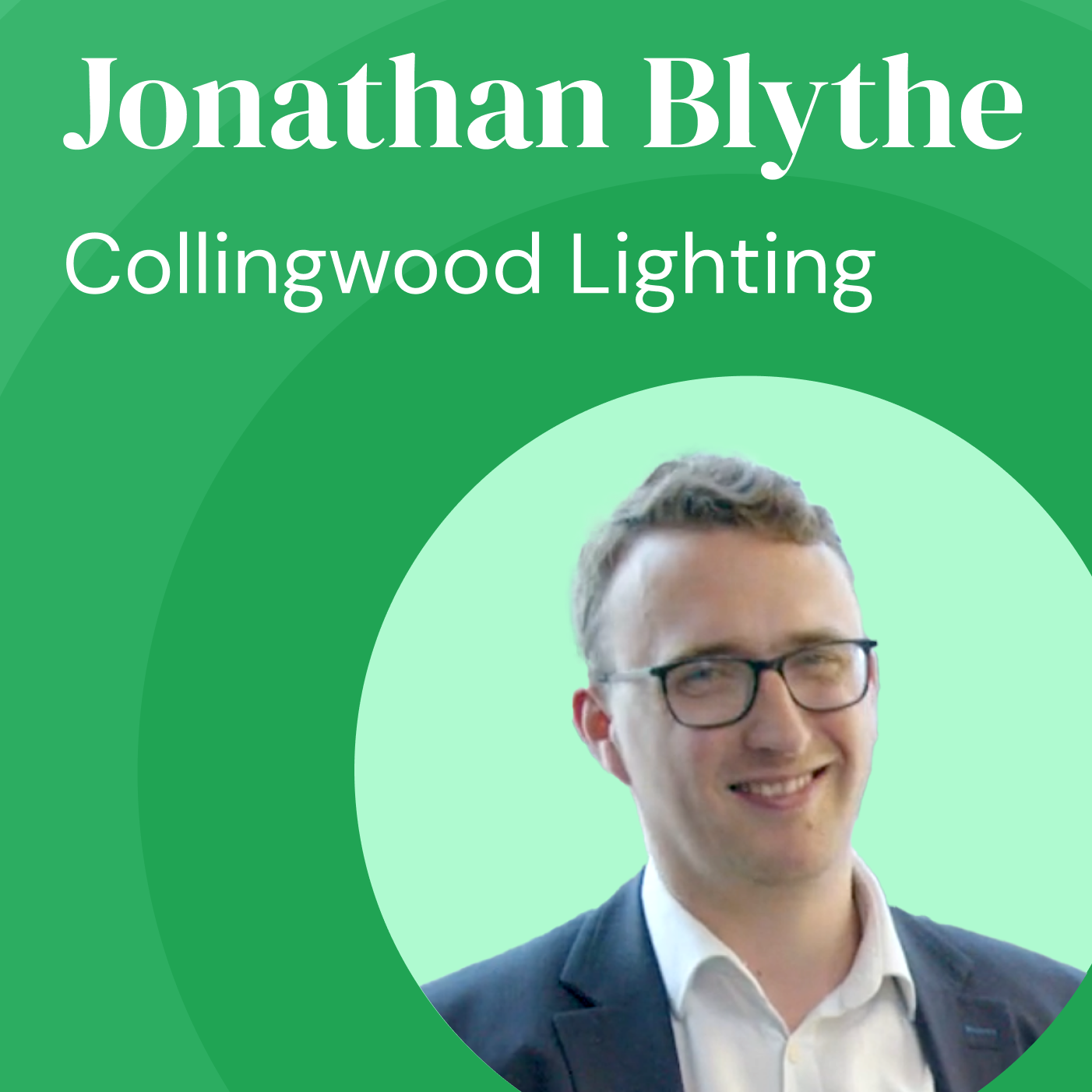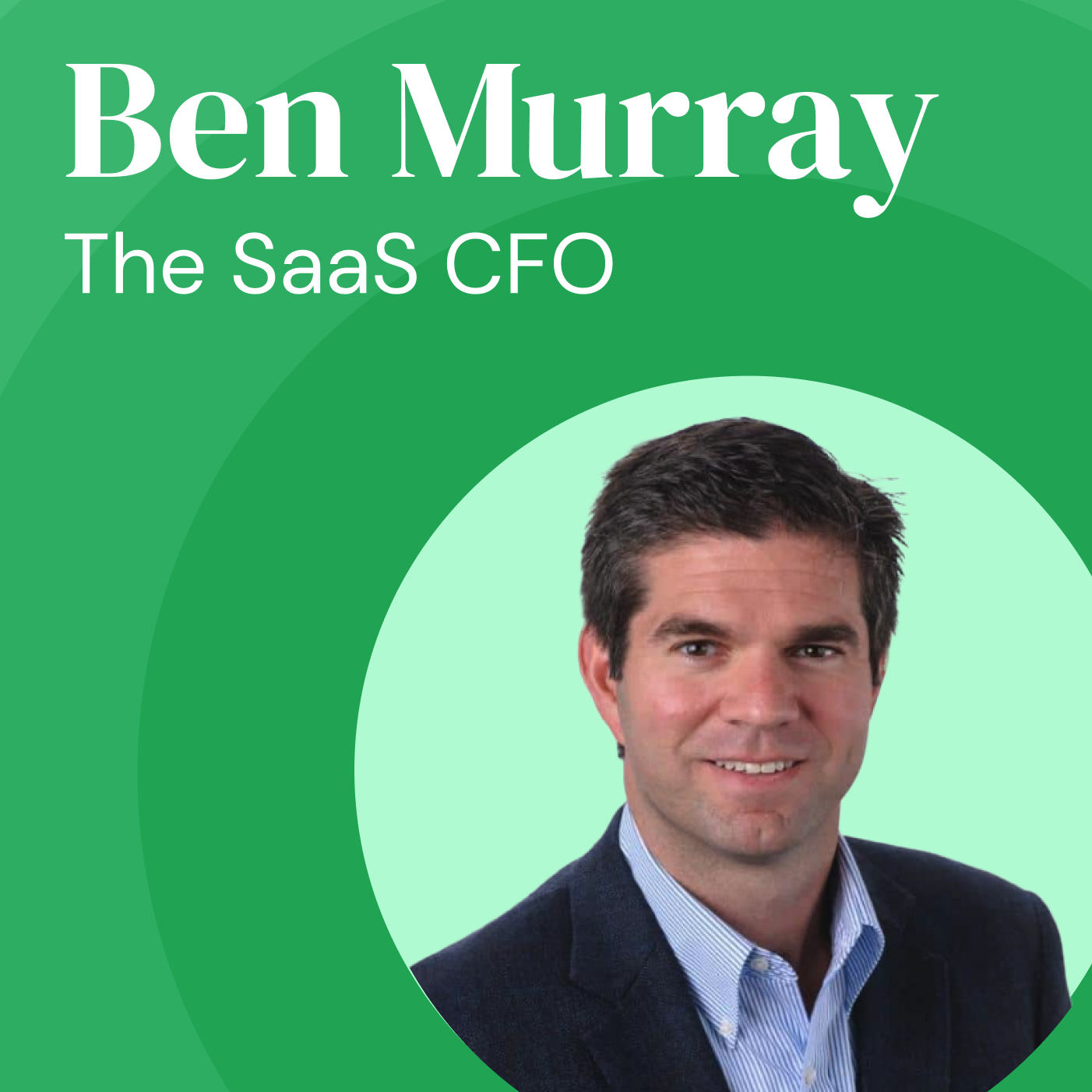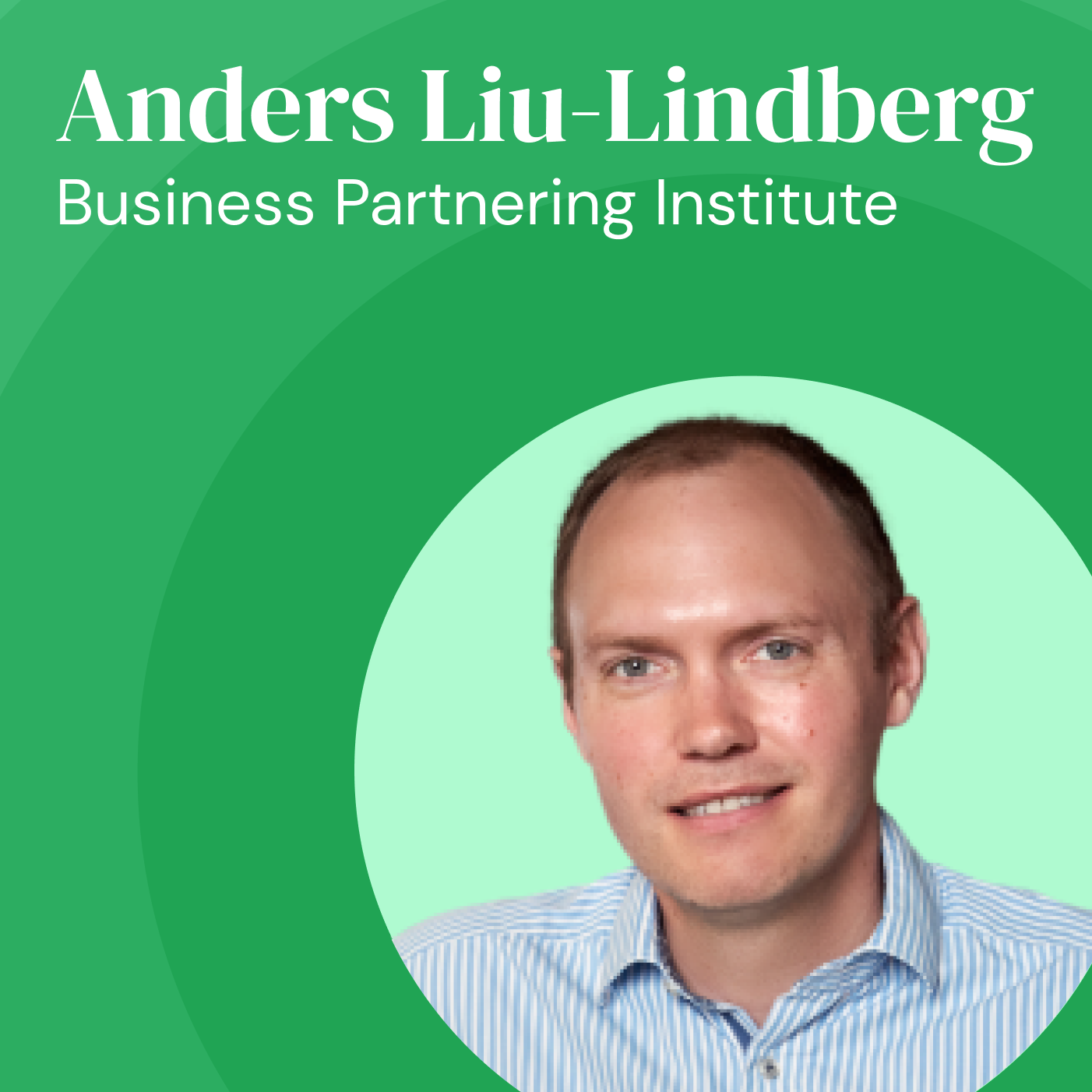The Power of Leveraging Community | Chris Argent
- 0.5
- 1
- 1.25
- 1.5
- 1.75
- 2
Rowan Tonkin: Hi, I'm your host, Rowan Tonkin, and welcome to Being Planful, the show for FP& A leaders and planning experts. Good morning, everyone, or good afternoon wherever it is you're listening from. This is the Being Planful Podcast. Today I am joined by Christopher Argent, the founder of GENCFO. GENCFO is an online community for finance practitioners. Chris, tell me, how did you come up with the concept of starting a community for finance practitioners?
Christopher Argent: It was really easy to be honest with you because I was just basically looking for friends. I was looking for people who were a bit like me, they were working in accounting and finance, and business. They were potentially a bit more tech- savvy than the people around them. And I just went out hunting for friends, used that big place called LinkedIn, grew a community to 40,000 people, and then the rest is history. So, really it was a selfish thing where I was trying to find like- minded people to help me with my job.
Rowan Tonkin: And I think that distills the power of community, and that's the topic of today's conversation is how can you all as finance and accounting practitioners leverage communities in what you do today day to day. Obviously, Chris's story is about how he started it but we're going to talk today a lot about how you all as listeners can leverage the power of community. So, Chris, what do you see as the biggest benefits that your members receive from the community?
Christopher Argent: The number one thing I think is you simply get answers to your questions. Community can be so many different things but essentially it's about asking a question to a group of people. I sometimes talk about who wants to be a millionaire, and it's the phone a friend. It's the wisdom of crowds. It's exactly that concept. And the thing is you tend to get an answer even though you're not going to an expert, you're going to appear, you're going to someone who's got experience. So, it's not necessarily textbook. It's not a response from ChatGPT digesting the whole of the internet into an answer. But what it is it's credible, it's relatable, and it is an answer from probably someone that you trust.
Rowan Tonkin: Yeah, I think that's, in preparing for today's conversation, one of the things that I wrote down is simply that getting that peer network and therefore getting an outside perspective. If I think about all the FP& A and accounting teams that I know, they're not the biggest teams, and so you have a very limited resource pool available to you internally. And the power of becoming a member of a community like that is there's 1000s of other people just like you, looking for people just like you, and that shared experience and shared ability to solve problems is a scale that you just often can't reach when G& A teams are under so much constraint.
Christopher Argent: So true. But even in large companies where there are large teams, people still have different agendas and different experience and different skills and talent, different visions of their careers. So, finding like- minded people who genuinely can relate to what you're trying to do, I think is super powerful. And it's not just about learning and getting answers. At times, it feels like therapy for a lot of people because it's like, " I talk to my boss but he doesn't get it. I want to automate everything but he doesn't understand or she doesn't understand." Again, going back to the theme, the power of community, it's actually feeling that you're not on your own on this journey. And I think that's one of the most powerful things about meeting people via GENCFO. It's like, " Wow, I'm not alone here." Now, that happened quite quickly with me on LinkedIn. The problem with LinkedIn is that it's just too noisy and it's no longer a community or even a place to try and find information. It's just noisy. So, the power of a community is that it is niche and it is bringing a small group of people together. I always say to our group leaders we've got a number of community leaders who are advocates and working in business, not consultants, that you want to cap your group at around 200, find 10 people to start it off, and kick it off and build some momentum. But don't go too far because then it will get noisy. And then, that's really not helping anyone.
Rowan Tonkin: A little bit of the Elon Musk two- pizza mentality, never have a team meeting with more than a group that could eat two pizzas.
Christopher Argent: Totally. Because how can I get that sense of community when I walk into a room and there's 1000 people there, whether it's online or at a conference, like some of these conferences, and you're in America. We are in Didley, UK where 1000 people in a room is probably the max. It's overwhelming. So, you want to bring it back down to literally, if you're going to set up a community or find a community, try to find small ones. Try to find ones that are managed well, who have people leading groups that are manageable so you can actually be heard. Because otherwise, it's just, I don't know, an advertising thread for someone who's leading a group and that's not what a community is.
Rowan Tonkin: And so, talk about the value. So, if I joined the GENCFO community, the things that I would expect to see, and I'm not allowed to join because I'm a CMO.
Christopher Argent: Definitely not.
Rowan Tonkin: One day I'll go and get an accounting degree.
Christopher Argent: We've got GENCMO in the pipeline though.
Rowan Tonkin: Okay.
Christopher Argent: No, we actually don't. We don't.
Rowan Tonkin: We have the next CMO here, so that's okay. But what I'd be looking for, and I'm a member of plenty of marketing communities for this reason. So, to your point, niche- specific communities, like I'm a member of copywriting communities. Secondly, like the current events and trends. So, in FP& A and accounting, it's all the regulation that we all have to keep up to date with and trying to understand how different people are approaching it to then apply it to your organization. You mentioned group therapy. I had in my notes the shoulder to cry on when you need it or the advocate when you need it, someone to boost you up when you're feeling down, as well as that outside perspective that we've already talked about and a trusted network because you've got to be able to... our worlds in whatever department you're in can get lonely and can get isolated in an organization just simply because we get put in little departmental pigeonholes. And you've got to go and find those other departments in other businesses because otherwise, people just don't get you, get your challenges, get the frustrations that you are feeling. So, I as a member of many communities, that's what I get the value from. The question I have for you is that's all get, get, get, get, get. How should folks think about giving value to their communities?
Christopher Argent: It's a great question. And just to say first, GENCFO is set up in a very similar way. We know what people want from us and we offer that up. I think we very much last to the party. Our approach has been compared to the tech community or other communities out there that have been running forever. And it's just like, " Why were the accountants always forgotten about?" So, that's going well. I suppose what you can do is... it's a funny one. We had a members' meet this week and I asked people, " What do you guys want to be saying about the community in three months time?" And they came out with all this stuff. Like, " Oh, I want to find a mentor and I want to be shouting about the fact that the mentor scheme's great. I've got a conference coming up in a couple of months. It would be great to hear people's public speaking skills and actually to get up to speed on some of the stuff that I'm talking about, which is all digital transformation related." So, whatever it is, it's just engagement, being there for other people. And I think people can be quite shy when they first go into a community or find it a little bit, " Well, I'm not sure about this." But if it is a vetted community in a niche community, you can't tell whether you are amongst friends and peers, but you are by definition because it's vetted. So, I would say just engage. I think it's probably fair to say that probably only 20% of our community online actually posts or comments or likes. I'd love to see that higher because everyone's got something to offer. And we are quite open about the levels of people that we let in. We try to stream things and put people into different groups for their own conversations. But a finance manager might come in and go, " I'm a Power BI expert or a Planful expert," and get completely bombarded with questions from senior leaders. I think especially in the digital space, everyone's learning. So, everyone's got a lot to offer. So, I would say the best thing you can do as a community member is to offer yourself up, whether that's posting, whether that's liking and obviously offline where we do events, turn up to the events and be part of it.
Rowan Tonkin: That leads me to an analogy that our chief people officer, Melissa Dreuth, has, which is... it's about culture, but very effective for community, which is at some point you're going to need to make a big withdrawal from that community. You're going to ask them to do something that you're like, " Oh, that's a big ask. I'm going to need some credibility to do this." So, that big withdrawal means that you have to be giving deposits all the time, little deposits every time. That could be a comment on someone else's post, starting a conversation, sharing an article, curating some content for the community. But then, when you are ready to take that like, " Oh, I've got a really big problem and I'm going to need the community's help," people are willing to give you the cashback because you've made all of those deposits. And so, I think that's really important for listeners as you're thinking. The community is easy to become a voyeur and just observe everything and learn, give back. And that can snowball for you, your career and it can also snowball for the community like you are creating a conversation that may not have existed.
Christopher Argent: Yeah, it's so true. And that is very natural to some people. They'll be part of a community and maybe they're more of a type of person, some people would say, " Oh, they're the extroverts, they're the talkers," or whatever. But I don't think it necessarily is introvert or extrovert. I think they just get that reciprocity that you're talking about. If I give a load of stuff out, then when I ask for something back, it's going to be probably a lot easier for me to get that back. And it's also a lot easier for those people to give to you because they're not sitting there going, " Who the hell is this guy? Never heard of him before." They're going, " Oh, he seems like a really nice guy. I've seen him ask questions about X, Y, Z. He's been really open and honest, and I get a sense of who they are, even from a virtual community." So, I will be the one who says, " Can I help?" And like I said about that three- month forward question to the members, we've already had people come in and say, " Hey, I public speak all the time, or I'm an experienced leader. I'll give you some tips and tricks if you want." And it's that support. Now, if that member wasn't that vocal or brave to say, " Hey, I'm a bit vulnerable and I need to learn something," then they'd just be sat in the dark being a voyeur like everybody else.
Rowan Tonkin: Watching YouTube videos or listening to ChatGPT answer their questions and only getting one perspective.
Christopher Argent: Or they could post it on LinkedIn and get 100 likes, but actually not learn anything at all. Yeah, I think some people get that. Some people see it as being noisy and shouty, but I don't, not in a community sense. If you were at a party with your friends, you don't want to be sitting there silent two hours and waiting for someone to hit the dance floor. You want to all just come in and have a good time. So, be that person, be the giver, and then everyone else will follow.
Rowan Tonkin: Are there any, I guess I'm not sure what you call them, but let's call them member experiences for now. Are there any member experiences that have really surprised you? Any stories that you can share about members that has, " Wow, I didn't think this community would deliver that, but it has?"
Christopher Argent: Oh, am I allowed to say?
Rowan Tonkin: Yeah, please anonymize it. But yeah.
Christopher Argent: So, yeah, I think what I'm surprised about, so GENCFO, yes, it's a finance leadership community, but we believe that technology and digital transformation is an intimate part of that future. And what I'm constantly surprised about is how open people are about how rubbish their leadership are in this area. And I mean, whether it comes to understanding implementation to the racket of consultancy. It is just like it all comes out. Without naming names and specifics, I think it's amazing that people find home in a community to be that honest. And they love it and people respect it. We don't talk about Chatham House rules. We just say, " Look, just be part of the community, be honest." We do quarterly research and people are being really brave publicly as well. It's not just behind closed doors where they're calling out the need for education and learning. And that is a leadership issue as much as it is a talent issue with Gen Zed. And I think also, there's a lot of confidences in terms of career progression and problems at work as well. I quite public about a past story where I found a CFO fraud. So, I seem to be the go- to person for forensics in the community. It's like, " Chris, I've come across a fraud, can you help me with this?" So yeah, there's been lots of member moments I suppose. And I love it. I love it. I can't wait to talk to people at our meetups and I can't wait to get on there in the morning, overnight. Someone signed up like a CFO from France. I looked at their profile, then I asked them a relevant question. That's great. I prefer to spend much more time on our community than I do on LinkedIn, even though everyone probably knows me from LinkedIn. Because LinkedIn is just noisy. So, yeah, lots of moments, but I'm not naming names.
Rowan Tonkin: No, that's fair. That's fair. And what are some of the emerging trends that are coming out of the community right now? For our listeners, they come to Being Planful to listen to emerging trends and what's going on. What are the hot topics in the community right now for finance and accounting professionals?
Christopher Argent: We do this research reports. The last research is on analytics. And I think one of the hot topics there is all around how we take it to the next level. And hot topic generally is just skills and a massive skills gap, massive talent gap within the team. There's an ambition to move analytics forward, but do we have the skills for it? Do we have the vision for it? This is where some of the criticism comes in. If I'm trying to push an agenda as a manager on analytics with no vision from my CFO or leader, it's almost impossible. So, I think people wants to learn more on the analytics side and they see skills development, education, data career paths within finance as hot topics. Also, on the technology front, everyone's gone mad about ChatGPT. And we joked about it this week that every product manager out there at the moment is saying we need to add a chatbot to our products. That's the solution to everything now. I think the jury's out on that right now in terms of how finance and accounting can use chatbot. So, there was a lot of talk about that. And then, I think in general there's a lot of concern in terms of business. There's a lot of concern about practicalities of wage inflation, the uncertainty of business at the moment. We are UK- based, even though we're a global community and we've had quite a lot to deal with in the UK recently. So, I think there are concerns around wage inflation and the way things are going at the moment in the economy. But the thing is, there's so many different trends. That's the joy of being part of a community.
Rowan Tonkin: Yeah, that does come back to the value that a community can provide. In a community full of 1000s of members, there's hot topics that are relevant to you right now and then two weeks later, another relevant trend might be relevant to you at that time, but it's still relevant in the community. Those conversations are consistently ongoing.
Christopher Argent: And if you can-
Rowan Tonkin: Talent shortage isn't anything new, but it might be new for you at that moment.
Christopher Argent: Absolutely. And again, if a community's set up right, we're quite critical of communities that are set up on Slack because that's not a community platform. It was never designed to be a community platform. A good community is going to have a discussions area, a forum to actually build up a bank of those questions for exactly that reason. My problem today is your problem tomorrow. My solution today is your solution tomorrow potentially. You should be able to have a knowledge base, search things, ask people, but also have some reference there. And something like Slack is really hard to find answers on like that. And obviously LinkedIn, you wouldn't go there for that. You might ask ChatGPT, but then again who knows what answer you're going to get?
Rowan Tonkin: Yeah, I think the challenge, so I'm a prolific Slack user and probably have eight groups on my side panel. And I was talking to a colleague the other day, I don't actually use my mouse inside Slack because I just know all the shortcuts. So, for me, I'm like, " I can find anything in Slack," but there's a bunch of groups out there and a bunch of people that haven't been using it that long. And it can be a quagmire of how do I find where I'm going and overwhelming and therefore you get lost. So, certainly inaudible.
Christopher Argent: Yeah. I would encourage people to set up their own communities and if you do that, Slack can get very expensive because you start buying licenses for this stuff rather than just having a tool. Yeah, but that's to the community inaudible.
Rowan Tonkin: That's a different problem. But we can model that one out, right? I'm sure there's a modeling conversation about-
Christopher Argent: Well, yeah, we've had lots of questions about license management and some of the vendor management software out there because there's a lot of finance people out there going, " We need to tame this license beast, it's out of control." Subscriptions and things like that, spend analytics. It's all part of the debate.
Rowan Tonkin: Well, and it's all part of the conversation. So, my question to you is what are the go- to communities aside from GENCFO? As I just said, I'm a member of many because I can add value and can get value from many different communities. What are the communities that you see out there in the market that you'd say to people, " Well, you should be a member of GENCFO and?"
Christopher Argent: Community, as I said at the start is about getting answers. So, if you are looking to educate yourself, self- educate yourself, I think that actually starts with your institution if you're qualified. So, if your institution has an alumni or a peer network, that thing, then I would start there. The chances are they're limited in what they can do and they certainly wouldn't be taking you to the pub. It's that thing. But that's a good start. That's university as well as professional institutions, things like that. We partner up with the ACCA and the CA ANZ. So, big massive networks there. So, start there. I think there are some conferences that have some communities. I'm reluctant to call them out even though they're significant because I don't think they're set up to be communities. We're community first. They're event company first. Oh, hell, I'll say it, I'll say it. So, there are people like CFO Connect, right? They are an events company. Actually, they're not, they're a technology vendor because it's Spendesk. They have a Slack community and now they have events. But CFO Connect is huge. The trouble that I have with some of those is that obviously behind it is a tech company. So, they're looking at your data. They have a profit motive in mind, but-
Rowan Tonkin: Hang on, hang on. That's a confusing term for a tech company. Profit. Did you say profit?
Christopher Argent: Well, we're not all in startup mode. We're not all in startup mode. It would be wrong for me to just ignore that. They are a big player. There are Richmond events who have their own forums. There are other partners that we partner up within the UK. There is one called the Shared Services Forum, which is really targeting big enterprise shared services. And in the US, there is the CFO Leadership Council. And actually, the regional focus of these groups is actually really important because what I talk about in the UK might not necessarily be as important to someone in the US right now as you talk about the economics in the UK and Europe. That could be different to somewhere else in the world. So, it's the niche community that you need.
Rowan Tonkin: Yeah, and I think that's a really important aspect of what you said right at the start of this call is there's a certain size where it becomes important. So, there's a regional aspect. There might be a focus area aspect. You might be in manufacturing and you want a manufacturing chapter for example.
Christopher Argent: Sure.
Rowan Tonkin: We'll use a finance term. The dimensionality of that is really important for a community to find what you're looking for.
Christopher Argent: Absolutely, absolutely. And they're going to have different tools. They're going to have different solutions. They're going to have different expertise. Their organizational structures will be different. In the UK, because of the UK makeup, we attract a lot of people from retail manufacturing. There is a real focus on consumer goods, as well as financial services. But if I went somewhere else, it might be consulting or it might be tech or IT. UK is a tier- one country. So, there's a whole breadth of things going on. But I do think that that niche and localization of a community is super important. But I can't believe you got me to talk about my competitors. That's so outrageous.
Rowan Tonkin: Well, it's important, the power of community. I would say many tech vendors have communities and they're great places to go and find resources about problems or challenges that you're facing within your technology area. I'm personally a member of many CMO like MarTech communities, primarily because, the explosion of MarTech. I need help from other people that have invested in technology that I've also invested in. And so, it's a very niche conversation, but it's an important one to maximize what is typically big investments for you and your company. I'll plus one that, but it shouldn't be the only community that you're a member of. And that's what I think I'm trying to say here and asking you to recommend your competition is just don't become a member of one community, become a member of a lot. And that might be actually one of your challenges, Chris, is driving the engagement because people are members of many. And so, you might inaudible in three and highly engaged in one.
Christopher Argent: I completely agree with that. Because I think the outside perspective on what we do is even more relevant than before. Because as finance people, we're being asked to be business people, the whole trend around finance, business partnering, and I do believe analytics enables that. And it's a super valuable part of that equation. You can't just be a great communicator about rubbish spreadsheets. You need more than that. But I actually think going outside. We've done the Digital Finance Function Awards. We went out to analytics communities and we went out to business communities and we said, " What'd you think of this?" And they're like, " Wow, this is amazing. We thought you were a bunch of boring accountants, maybe we'll start asking you to do more of this stuff." So, there's almost like an appreciation of what people want by going outside. And that could be quite a stretch for some people because it's like, " You know what? It's a big deal for me to join a relevant, what I see as a relevant group, a CFO finance leadership group. But then, to go and join an analytics group or, I don't know, a public speaking group or something, it's like, wow, that's even a bigger stretch in terms of comfort zone." But I do agree with you. I think it's very important to get that breadth and that outside view of what you're doing, almost like a, I call it an advisory board. In startup, it just comes by nature. You talk to lots of people. There's only a few of you starting out as you said about the two- pizza rule, but you still have a huge number of people that you might tap into. If you're in a larger organization, sometimes you think everybody within your organization is all you need. But actually, if you go outside to that peer advisory group, then you're going to get different perspectives rather than being in an echo chamber. And that's super valuable.
Rowan Tonkin: I know we're coming short on time here. Any advice for folks? If they're sitting listening today, first thing I would say to them is you're a member of a community of fellow listeners and you can find all of the folks that have spoken on this podcast on LinkedIn to your point, connect with them, follow them on LinkedIn. LinkedIn's a bit harder, of course, harder to search, harder to filter out the noise. But do that because I think you will find like- minded folks. But any advice, Chris, for listeners in terms of if they're thinking about, actually, I realize I don't have a community? What should they do now?
Christopher Argent: Google it. Where do you start to find a community? I think you're going to look for references. You're going to look for referral. You are going to probably go to your institutions and things like that. Just be brave. I think that's what I'd be saying to most people. I've mentioned a few people. There's a big one in the USA There's a big one in the UK. So, just come along and have an open mind. And you know what, if you don't like what you see, you can leave. If you don't like what you see, you can not engage. But I think there is so much power in it, and this isn't just marketing hype, like the conversations that we have, the examples that we have are really valuable to people. And whether it's just a mental health evening with people and a glass of red or whether it's something really practical that you can get into online, I would say just give it a go and be brave. And you don't have to be revolutionary to sign up to a community. You don't have to have very, very strong opinions or a huge knowledge base. All you're doing is sharing your own experience and you are the expert in your own experience. So, don't feel that you need to turn up with a data science or a CFO badge. You don't. You just need to be open to a conversation.
Rowan Tonkin: Well, really appreciate the advice and the sharing of the value of communities today, Chris. So, thank you. How can folks find out about GENCFO? I think it's probably obvious, but I'll let you-
Christopher Argent: If you Google GENCFO, don't Google Chris Argent because apparently, that's a dead guy on Teen Wolf or something. But yeah, Google GENCFO or connect with me on LinkedIn. And if you are interested in celebrations, also look at the Digital Finance Function Awards, which is one of our flagship events because that's a real celebration of people who are leading the community so you can see what they're doing and maybe get inspired to join.
Rowan Tonkin: Awesome. Well, thanks, Chris. Have a great rest of your day and really appreciate you being on the Being Planful Podcast.
Christopher Argent: Thank you for your time.
Rowan Tonkin: Make sure you hit Subscribe on Apple Podcast, Google Play, Spotify, or wherever you get your podcast so you don't miss an episode. Thanks for stopping by.
DESCRIPTION
On this episode, Rowan Tonkin sits down with Chris Argent of GENCFO to discuss the importance of leveraging communities for finance and accounting professionals. Tune in to learn how to utilize communities as a source of wisdom, the importance of actively engaging, participating and giving value to members, how to strike a balance between community size and effectiveness to ensure meaningful interactions and manageable conversations, and more.
